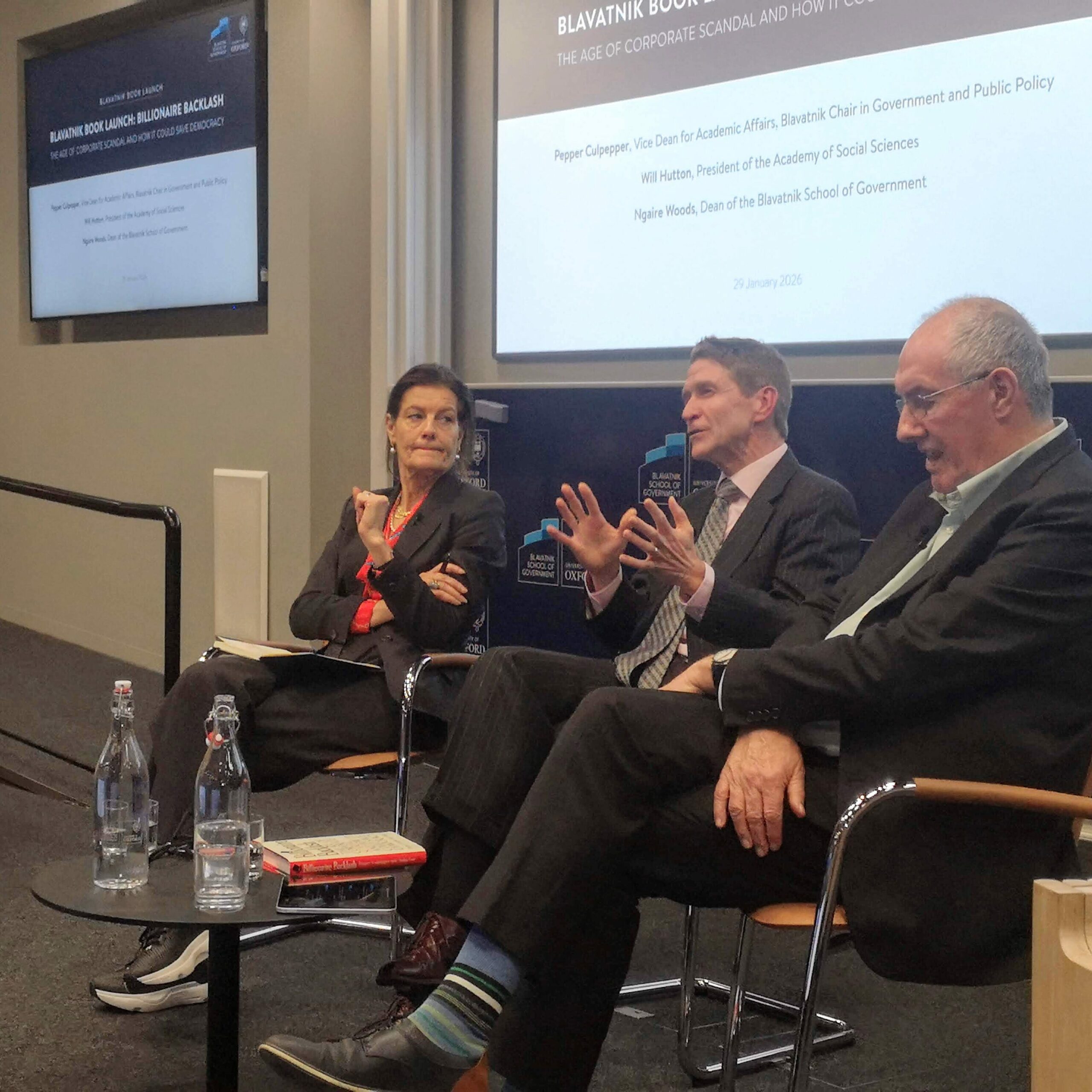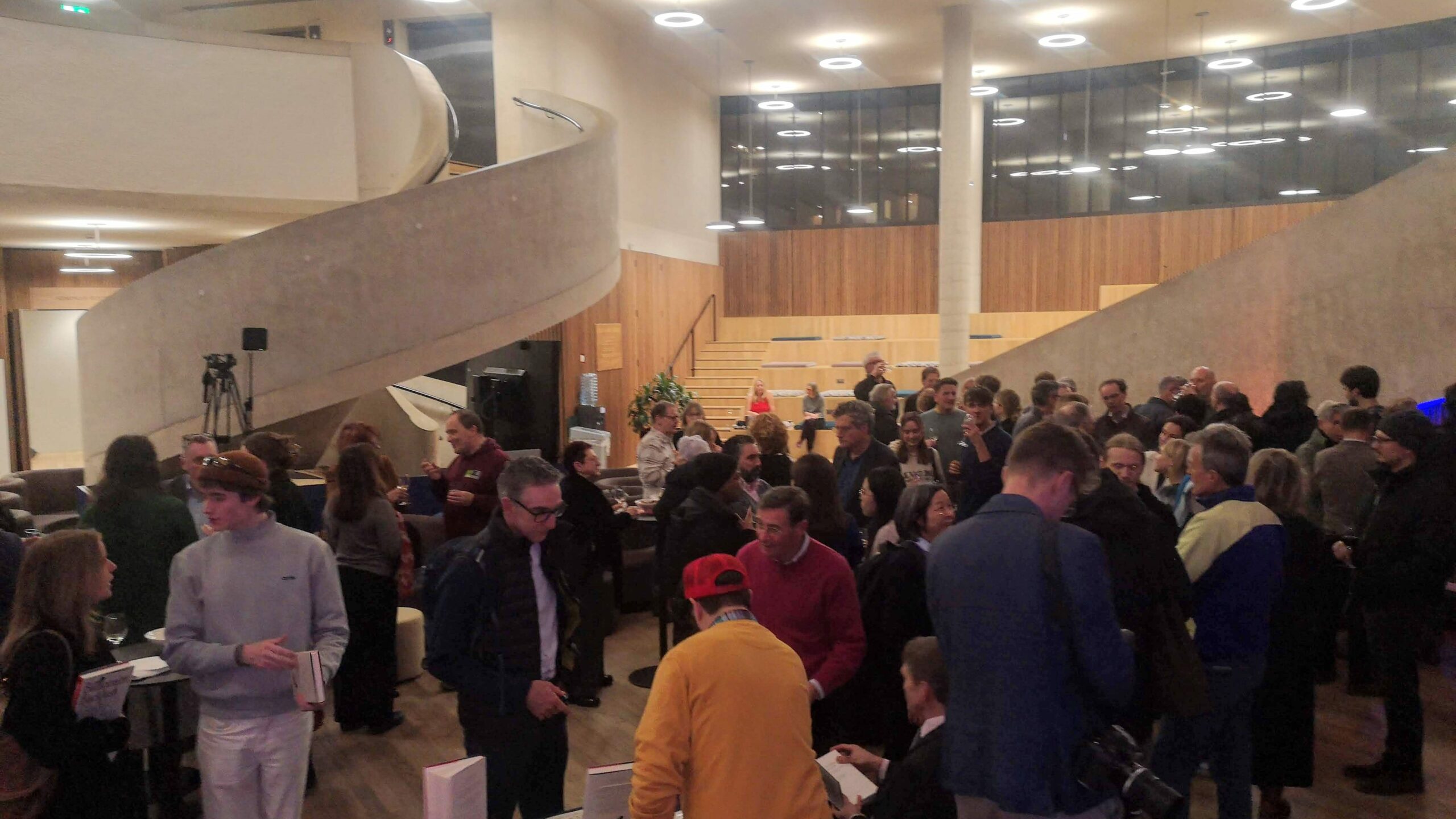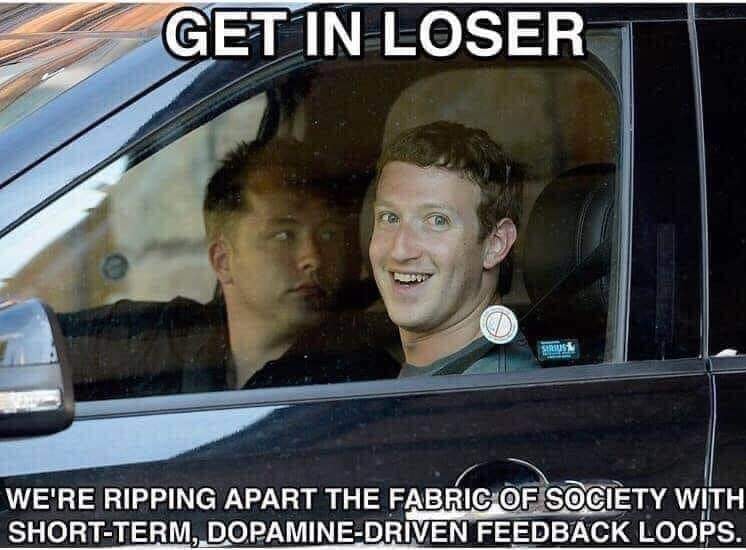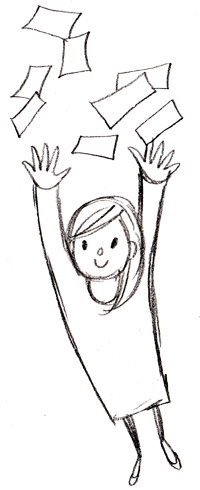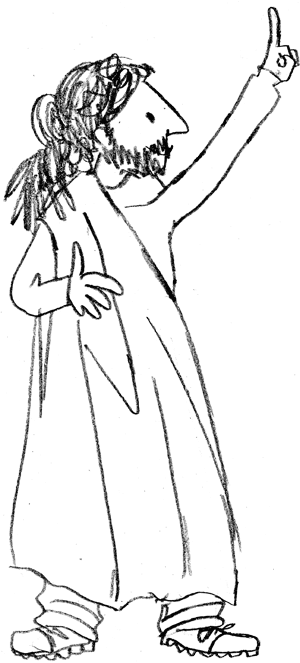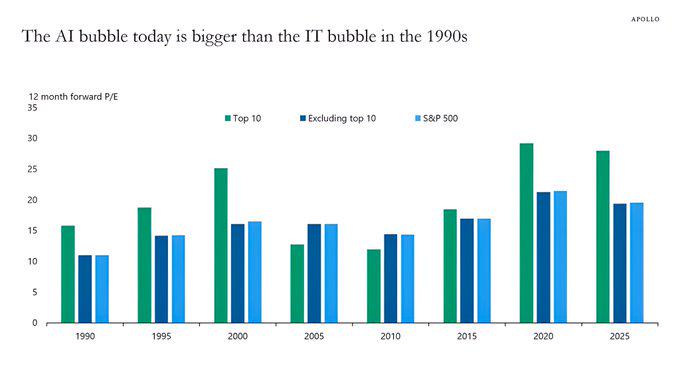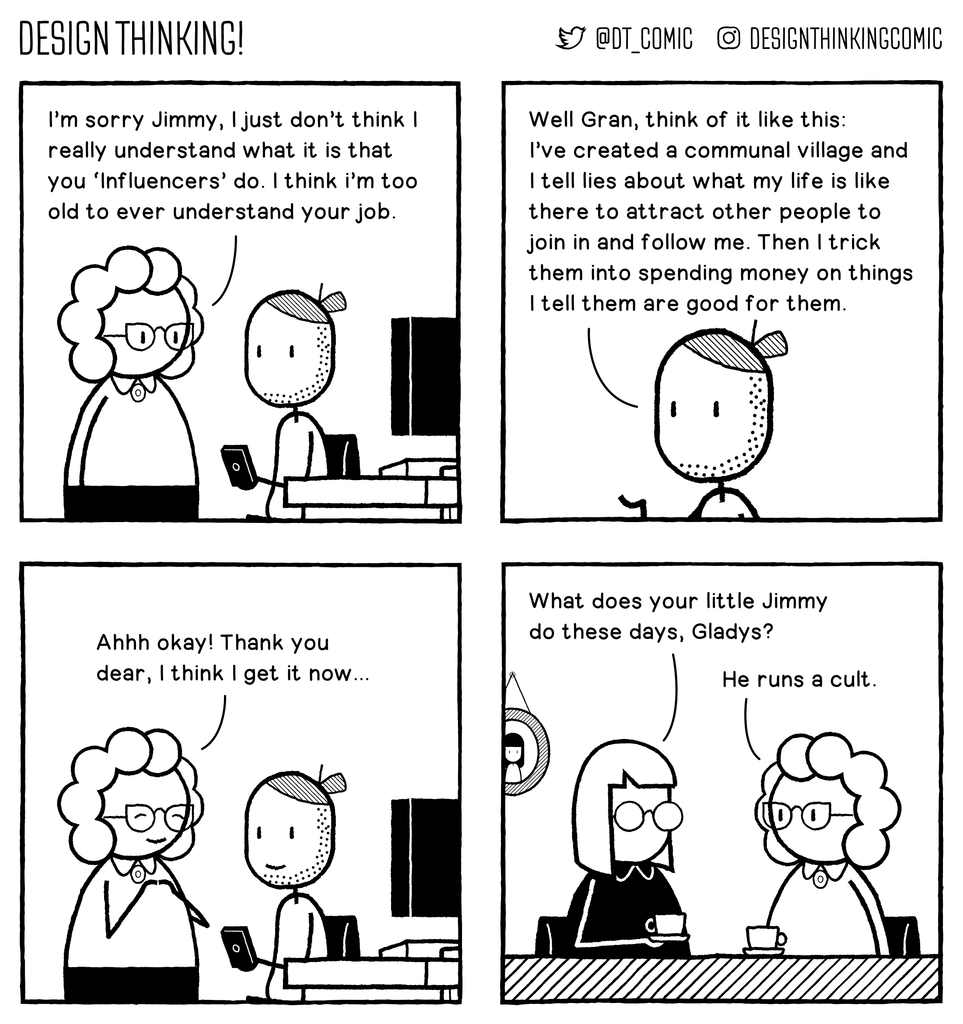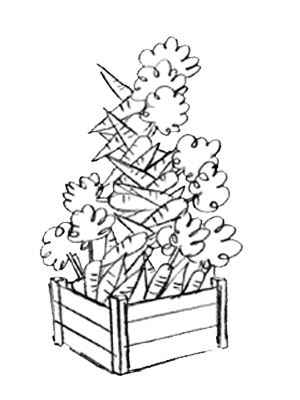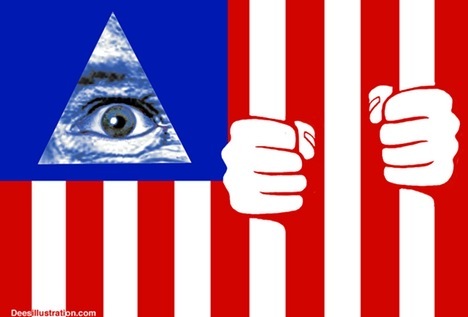Human behaviour does not stay the same as groups grow. The instincts that helped small tribes survive – loyalty, signalling belonging, defending boundaries, competing for status, consolidating influence – functioned well within natural limits. In small groups, feedback was immediate. Consequences were visible. Power was constrained by proximity and material reality.
But when those same instincts operate at contemporary social scale – inside complex technological societies, or even something like the current #NGO-fediverse – they stop stabilising systems and begin to destabilise them.
What once supported survival can amplify fragmentation.
What once built cohesion can produce polarisation.
What once protected the group can spiral into extraction and enclosure.
This isn’t a moral failure of the human species. It’s a predictable outcome of scale.
We now live inside systems where old social instincts interact with global networks, algorithmic amplification, financial abstraction, and industrial metabolism. The more-than-human crisis – #climatechaos, biodiversity collapse, geopolitical fracture – isn’t a collection of isolated problems. These are symptoms.
Beneath them are recurring systemic patterns.
Beneath those patterns are society-scale incentives.
And beneath those incentives are deep assumptions about growth, control, competition, and scarcity.
We are not outside these layers. We are embedded within them. So the questions become:
- What does responsibility look like in a world where structural incentives shape collective outcomes?
- Where do social thresholds appear when scale removes the natural limits that once kept us in balance?
- How do we avoid treating symptoms while reinforcing the deeper forces producing them?
And if our instincts helped seed the early #Fediverse – when we for a time glimpsed a system that worked with human nature while balancing against #dotcons reality – how do we stay true to that path?
Because the tensions we see in the #fediverse today are not just about #blocking or governance disagreements. They are a microcosm of the larger scale problem of how human coordination patterns behave when they move from small, trust-based communities into larger networked infrastructures. The fediverse is not separate from this dynamic. It is one of the places where we should be actively trying to work it out.
To begin that work, we need to understand how the last #openweb reboot was enclosed. We can start by naming the #dotcons.
The #dotcons aren’t just “big tech companies.” They are a structural class of platforms that follow a repeatable pattern:
- Present themselves as open, liberating, participatory spaces.
- Attract huge numbers of people through network effects and free access.
- Gradually enclose that activity.
- Monetise attention by shaping reach, visibility, and behaviour.
The “con” isn’t that they charge money, it is the bait-and-switch:
- First: open participation, organic reach, community.
- Later: algorithmic throttling, pay-to-play visibility, advertising optimisation.
The “dot” is the monetisation layer – advertising markets, behavioural profiling, engagement engineering.
Even the so-called ethical platforms often operate on the same structural logic:
- growth first
- enclosure second
- monetisation through mediated reach
- shaping discourse toward advertiser-compatible norms.
You can swap leadership, branding, or tone, but if the core model is:
capture network → centralise control → monetise attention
… then it sits in the same class.
Naming them #dotcons isn’t moral outrage, it’s structural clarity. If we don’t name enclosure as a pattern, we end up debating personalities and features instead of structure. And this matters for the fediverse as if we don’t consciously build flows, commons, and #4opens practices into infrastructure and culture, the same enclosure dynamics will re-emerge, just more politely. The difference isn’t tone, it’s structure.
The real tension in the Fediverse is more about the idea and direction are broadly right:
- decentralised social web
- commons infrastructure
- alternatives to #dotcons.
But the institutional reality is hollow, not enough resources go into the “native,” messy, grassroots work that actually keeps things alive. People like Evan and others stepping into organisational roles are, from their perspective, trying to:
- stabilise infrastructure
- secure institutional funding
- reduce fragmentation
- make the ecosystem legible to funders and regulators.
From that side, the fear is clear that without coordination and institutional structure, the fediverse remains marginal or collapses under maintenance debt.
From the native grassroots perspective, however, that institutionalisation risks repeating Web 2.0 capture in softer form – NGO-isation, depoliticisation, mainstream drift, and soft #blocking control. Can be framed as:
- stability vs autonomy
- funding vs independence
- coordination vs organic growth
But it’s more accurate to call it what it is, a resource bottleneck. “ZERO resources for what we actually need” is widely felt as funding currently flows to:
- protocol development
- interoperability standards
- software maintenance grants
- governance experiments legible only to funders.
Funding rarely if ever flows to:
- non-#NGO community organising
- onboarding and social infrastructure
- local/regional native networks
- alternative governance rooted in users/admins
- public-first infrastructure like #OMN.
In short, technical sustainability gets funded, where social sustainability struggles, this is why the friction persists. Funding bodies – including ones like #NLnet – operate within a narrow philosophy:
- fund bounded technical projects
- avoid political positioning
- prioritise measurable outputs (code, specs, deployments).
But grassroots media and social organising don’t fit clean grant deliverables. Long-term community building is messy and hard to quantify. Native or openly political framing scares institutional funders. So money exists, but flows on balance toward the wrong layers for movement-building. #Blocking systems like this rarely change because people ask, they change when parallel practice makes the gap obvious. History shows this:
- Indymedia didn’t wait for permission.
- Early blogs didn’t wait for foundation approval.
- Mastodon grew outside institutional planning.
The fediverse reboot itself began as parallel infrastructure.
How do we shift direction to balance resources to:
- finding seed funding and affinity groups
- building alternatives that demonstrate missing layers
- creating public-first media networks (#OMN)
- experimenting with governance rooted in users/admins (#OGB)
- reframing the fediverse as one implementation of a broader #openweb ecology.
Institutions may shift, they may not. They likely believe they are solving the resource problem – just at a different layer (protocol legitimacy, policy access). So the conflict isn’t simply “they are wrong.” It’s that they are solving a different problem than native actors see as urgent.
The real power map is that formal governance in the fediverse is weak. Influence networks are strong. Power =
- maintainers (code gravity)
- large instance admins (network gravity)
- narrative shapers (discourse gravity)
- funding flows (resource gravity)
- UX defaults (silent governance)
- momentum and path dependency.
Most people assume power = foundations. It doesn’t, and this mismatch creates frustration. Grassroots actors see norms solidifying without transparent process. Institutional actors see chaos and feel pressure to stabilise. Both misidentify where power actually sits. The deepest divide is not ideological. It’s psychological. People are defending different survival strategies inherited from earlier internet generations. Until that’s recognised, discussions loop.
This is a much shorter version of the last post worth reading that as well. What do you think – when you step back and look at it this way?

We need to look at counter common sense. Peter Kropotkin “In existing States a fresh law is looked upon as a remedy for evil.” Cuts straight into the #Fediverse tension, because the pattern is scale reflex: Problem appears → create rule → assume order emerges. It’s not stupidity, it’s institutional instinct, in spaces, when instability appears, the reflex is legislate, regulate, formalise and centralise. Law becomes the default instrument of repair.
Kropotkin’s critique is that law treats symptoms while leaving underlying social relations intact. It stabilises the surface while preserving the structure that produced the harm. Mapped onto #NGO governance frameworks, we see as this as the cure for cultural conflict, moderation rules as cure for social breakdown, foundation structures as cure for coordination failure, compliance processes as cure for scale instability. The risk isn’t only law itself, it is in mistaking rule-production for structural transformation.
When scale increases, institutions reach for formalisation, as trust erodes, systems reach for control. That instinct once helped small groups survive, but at scale, it reinforces the dynamics causing instability. #openweb networked infrastructure like the Fediverse, this equivalent of “fresh law” is played out as new governance bodies, new codes of conduct, compliance layers, blocking norms and new funding gatekeeping mechanisms. While each framed as remedy instead they are increasing enclosure.
Kropotkin isn’t arguing for mess, he’s pointing toward something harder – If problems emerge from structural incentives and social relations, then layering rules on top of those incentives won’t solve them, it will entrench them.
That’s the deeper tension, do we solve #Fediverse instability by adding structure? Or by changing flows, commons, and material relations underneath? That question is the uncomfortable one for people who still common sense worship the #deathcult.




